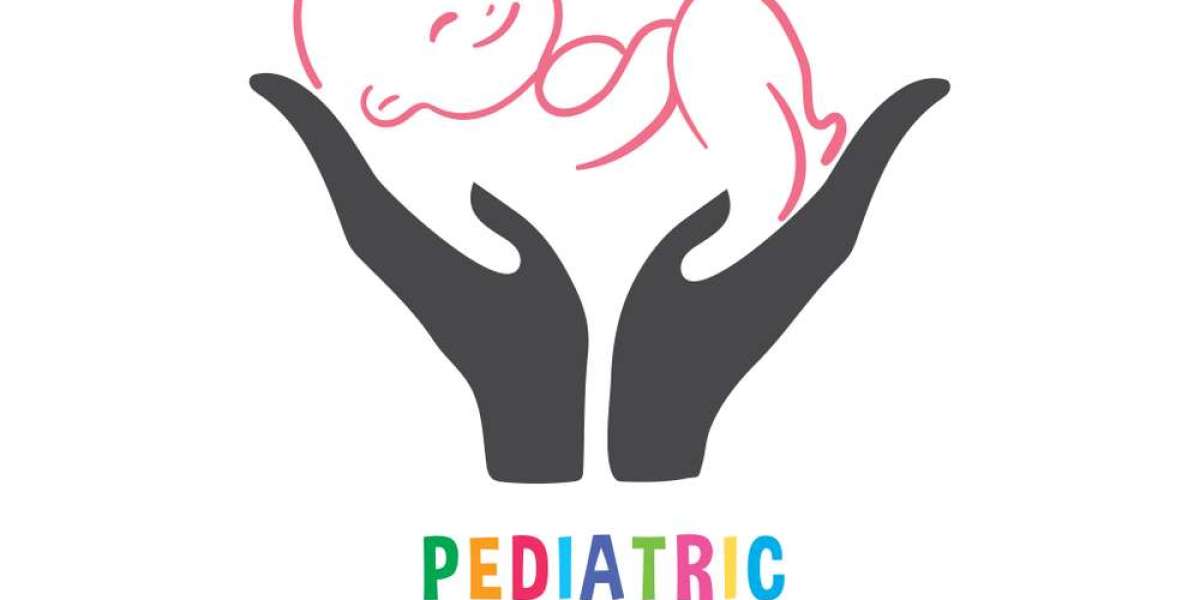Anxiety is a common mental health issue that affects millions of people worldwide. It can manifest in various ways, such as persistent worry, fear, or panic attacks, and can significantly impact one's quality of life. While professional help is crucial for severe cases, many individuals can benefit from lifestyle changes and self-help strategies to manage their anxiety. This article explores several effective approaches for anxiety relief.
Understanding Anxiety
Before diving into specific strategies, it's essential to understand what anxiety is. Anxiety is a natural response to stress, characterized by feelings of tension, worried thoughts, and physical changes like increased blood pressure. While occasional anxiety is a normal part of life, chronic anxiety can interfere with daily activities.
Lifestyle Changes for Anxiety Relief
1. Regular physical activity
Engaging in regular physical activity is one of the most effective ways to manage anxiety. Exercise stimulates the production of endorphins, chemicals in the brain that act as natural painkillers and mood elevators. Activities like walking, jogging, swimming, and yoga can significantly reduce anxiety symptoms.
Tip: Aim for at least 30 minutes of moderate exercise most days of the week. To make it a sustainable habit, incorporate activities you enjoy.
2. A healthy diet
A balanced diet plays a crucial role in mental health. Certain foods can help regulate mood and reduce anxiety. Incorporating foods rich in omega-3 fatty acids, such as salmon and flaxseeds, as well as those high in antioxidants, like berries and leafy greens, can support brain health.
Tip: Avoid excessive caffeine and sugar, as they can exacerbate anxiety symptoms. Opt for herbal teas and natural sweeteners instead.
3. Proper sleep
Sleep is vital for emotional regulation and overall well-being. Lack of sleep can increase anxiety levels and make it more challenging to cope with stress. Establishing a regular sleep routine can help improve sleep quality.
Tip: Create a relaxing bedtime routine, avoid screens before bed, and maintain a consistent sleep schedule, even on weekends.
Self-help strategies for anxiety relief
1. Mindfulness and Meditation
Mindfulness and meditation practices can help individuals stay grounded in the present moment, reducing feelings of anxiety. These techniques involve focusing on the breath, body sensations, or a particular thought or image.
Tip: Start with short sessions of 5–10 minutes and gradually increase the duration. Use guided meditation apps if you are new to the practice.
2. Deep breathing exercises
Deep breathing exercises can activate the body's relaxation response, reducing stress and anxiety. Techniques such as diaphragmatic breathing, where you breathe deeply into your abdomen, can be particularly effective.
Tip: Practice deep breathing for a few minutes each day or whenever you feel anxious. Inhale slowly through your nose, hold for a few seconds, and exhale slowly through your mouth.
3. Journaling
Writing down your thoughts and feelings can provide a therapeutic outlet for anxiety. Journaling helps you process emotions, identify triggers, and develop coping strategies.
Tip: Set aside a few minutes each day to write about your experiences. Focus on both positive and negative aspects to gain a balanced perspective.
4. Progressive muscle relaxation
Progressive muscle relaxation (PMR) involves tensing and then relaxing different muscle groups in the body. This technique can help reduce the physical tension associated with anxiety.
Tip: Start with your feet and work your way up to your head, tensing each muscle group for a few seconds before releasing.
Building a support system
1. Social Connections
Maintaining strong social connections is essential for mental health. Spending time with friends and family can provide emotional support and reduce feelings of isolation.
Tip: Make time for regular social activities, whether it's a weekly coffee date with a friend or a family dinner. Don't hesitate to reach out to loved ones when you're feeling overwhelmed.
2. Support Groups
Joining a support group for anxiety can provide a sense of community and shared understanding. Support groups offer a safe space to discuss your experiences and learn from others who are going through similar challenges.
Tip: Look for local support groups or online communities. Many organizations offer free or low-cost group sessions.
Professional Help
Despite the effectiveness of lifestyle changes and self-help strategies, it's crucial to identify when seeking professional help is necessary. Therapists, counselors, and doctors can offer additional tools and techniques for managing anxiety.
1. Cognitive-Behavioral Therapy (CBT)
Cognitive-behavioral therapy (CBT) is a widely used treatment for anxiety. CBT helps individuals identify and change negative thought patterns and behaviors that contribute to anxiety.
Tip: Consider seeking a therapist who specializes in CBT. Many therapists offer virtual sessions, making it easier to access help from home.
2. Medication
In some cases, medication may be necessary to manage anxiety. A healthcare provider can prescribe antidepressants, anti-anxiety medications, and beta-blockers to help alleviate symptoms.
Tip: Always consult with a doctor before starting or stopping any medication. It's important to follow their guidance and discuss any side effects or concerns.
Conclusion
Anxiety relief is achievable through a combination of lifestyle changes and self-help strategies. By incorporating regular physical activity, maintaining a healthy diet, ensuring adequate sleep, practicing mindfulness and deep breathing, journaling, and building a support system, individuals can effectively manage their anxiety. Additionally, seeking professional help when needed can provide further support and guidance. Remember, managing anxiety is a journey, and it's important to be patient and compassionate with yourself as you navigate this process.








